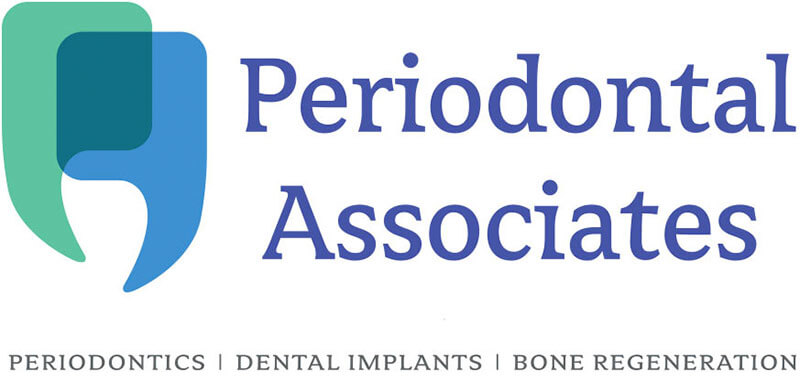The saliva of people with pancreatic cancer and pancreatitis varies from that of healthy people, according to a study published online Oct. 12 in Gut.
Researchers at University of California Los Angeles—led by James J. Farrell, MD, an assistant professor in the Division of Digestive Diseases at David Geffen School of Medicine at UCLA—conducted a three-phase study to measure the variations in salivary microbiota and evaluate their potential associations with pancreatic cancer and chronic pancreatitis.
They found that the levels of 31 types of bacterial species were increased in the saliva of patients with pancreatic cancer, compared with that of healthy control participants, and that the levels of 25 types of bacteria were reduced. For example, the levels of Granulicatella adiacens, which is associated with systemic inflammation, were elevated in patients with pancreatic cancer. The levels of Streptococcus mitis, which may play a protective role against inflammation, were lower in patients with pancreatic cancer.
Researchers say their findings add to growing evidence that saliva may be a credible biomarker source to track and diagnose nonoral diseases. They add that the results of their study also offer new research directions for focusing on inflammation as a contributor to pancreatic diseases.
The study was funded by the National Institutes of Health, Bethesda, Md.
Source: JADA
Reference: http://gut.bmj.com/content/early/2011/09/23/gutjnl-2011-300784.abstract
